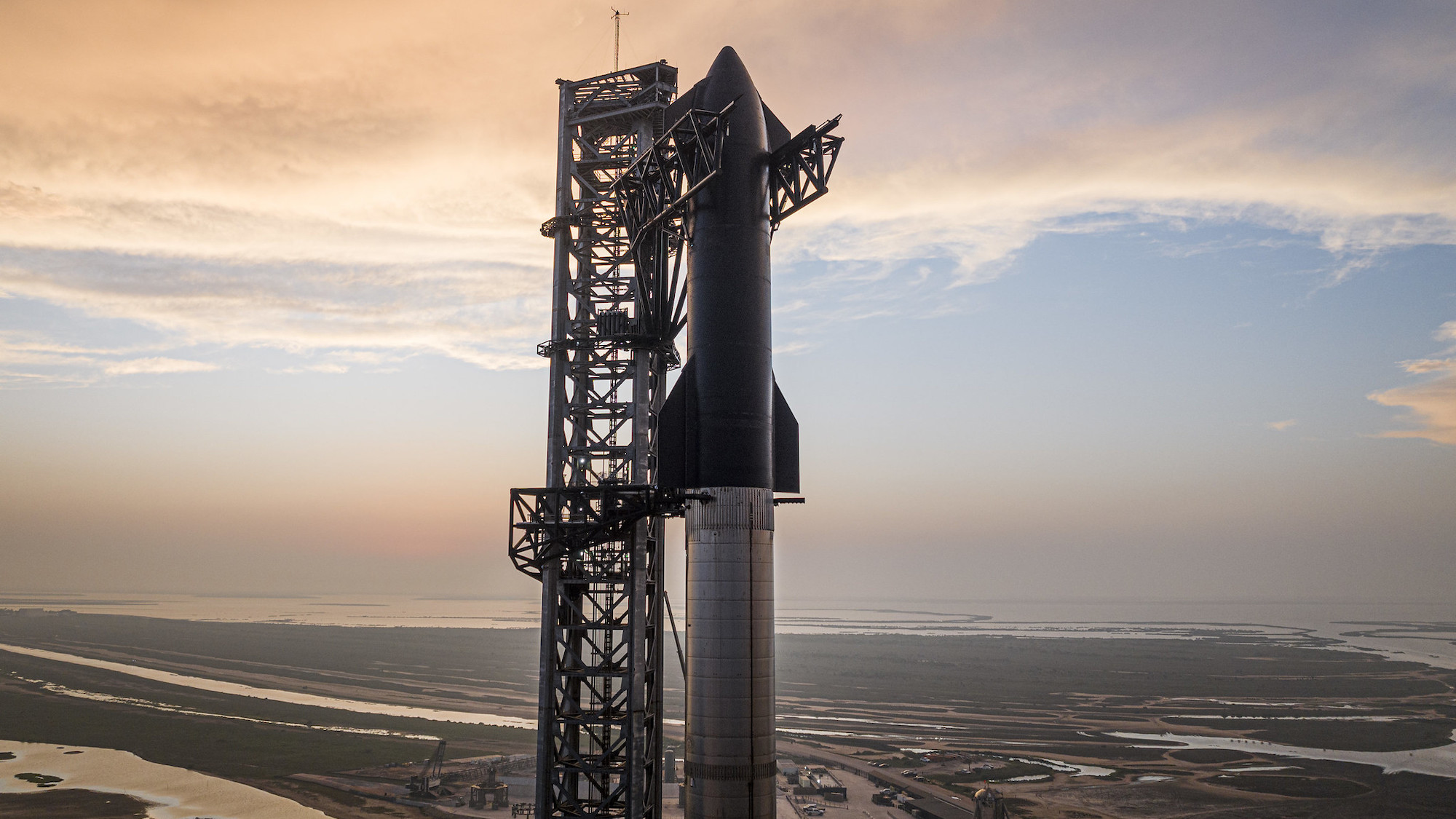

The US Department of Justice filed a lawsuit against SpaceX on Thursday for allegedly refusing to consider hiring asylum seekers and refugees. According to a DOJ statement, Elon Musk’s rocket and satellite company “routinely discouraged” applicants because of their citizenship status from at least September 2018 to May 2022, thus violating the Immigration and Nationality Act (INA).
The DOJ argues SpaceX, in multiple job postings and public statements, “wrongly claimed” that federal “export control law” regulations forced the company to only hire US citizens and green card holders. The allegedly willful misinterpretation of the law was repeatedly and publicly echoed by SpaceX CEO Elon Musk. In June 2020, for example, Musk posted to X (formerly Twitter) that “U.S. law requires at least a green card to be hired at SpaceX, as rockets are advanced weapons technology.”
But as the DOJ’s announcement notes, the jobs in question weren’t only advanced engineering and tech roles, but a “variety of other positions, including welders, cooks, crane operators, baristas, software engineers, marketing professionals, and more.” According to the DOJ, SpaceX falsely claimed to be legally prohibited from hiring refugees in a total of 14 job postings, public announcements, and other online recruiting communications.
According to the INA, employers cannot discriminate against hiring asylees or refugees unless a specific executive order, government contract, law, or other federal regulation prevents them. “In this instance no [such situation] required or permitted SpaceX to engage in the widespread discrimination,” argues DOJ representatives.
[Related: SpaceX’s Starship launch caused a ‘mini earthquake’ and left a giant mess.]
Musk, however, has already doubled down on his and fellow employees’ previous assertions via an August 24 post to X, claiming SpaceX was “told repeatedly” that hiring non-permanent US residents would violate international arms trafficking laws. “This is yet another case of weaponization of the DOJ for political purposes,” added Musk, who purchased the social media platform formerly known as Twitter in October 2022. Lawyers like Rebecca Bernhard, a partner at Dorsey & Whitney specializing in employment-related issues involving work visas and immigration challenges, doubt the validity of Musk’s defense.
“While it is lawful for an employer to refuse to provide employer-sponsorship to a potential employee (for example, by not sponsoring the individual for an H-1B), it is not lawful to require that the employee be a US citizen,” she explains via email. Bernhard argues that while, “There are other classes of immigrants who have work authorization in the US and do not need employer sponsorship… To require someone be a US citizen would discriminate against these individuals.”
One potential exception, however, are employers subject to the International Traffic in Arms Regulations (ITAR) or the Export Administration Regulations (EAR). Bernhard notes that, “it appears the DOJ is claiming SpaceX fraudulently relied on this exception.”
“While I cannot comment on whether SpaceX is subject to ITAR or EAR, I can state that the DOJ takes the anti-discrimination provisions of the INA very seriously, aggressively enforces them, and interprets the ITAR and EAR exceptions very narrowly,” adds Bernhard.
The DOJ filing seeks fair consideration and back pay for those affected by the alleged discriminatory practices.
